Project Description
Andropov was the son of railway official, Vladimir Konstantinovich Andropov, who was a member of a Don Cossacks noble family. Andropov was educated at the Rybinsk Water Transport Technical College. Both of parents died early, leaving Yuri an orphan at the age of thirteen. As a teenager he worked as a loader, a telegraph clerk, and a sailor for the Volga steamship line.
Following Stalin’s death in March 1953, Andropov was demoted and “exiled” to the Soviet Embassy in Budapest by Georgy Malenkov. He played an important role in the Soviet invasion of Hungary in 1956. Andropov returned to Moscow to head the Department for Liaison with Socialist Countries (1957-1967) and was promoted to the Central Committee Secretariat in 1962, succeeding Mikhail Suslov, and in 1967 he was appointed head of the KGB. In 1973, Andropov became a full member of the Politburo, although he did not resign as head of the KGB until 1982.
A few days after Leonid Brezhnev’s death, Andropov was the surprise appointment to General Secretary over Konstantin Chernenko. He was the first head of the KGB to become General Secretary. He quickly added the posts of President of the USSR and chairman of the Defense Council. His appointment was received in the West with apprehension, in view of his roles in the KGB and in Hungary.
During his rule, Andropov made attempts to improve the economy and reduce corruption. He was also remembered for his anti-alcohol campaign and struggle for enhancement of work discipline. In foreign policy he achieved little — the war continued in Afghanistan. Andropov’s rule was also marked by the deterioration of relations with the United States. While he launched a series of proposals that included a reduction of intermediate-range nuclear missiles in Europe and a summit with U.S. President Ronald Reagan, these proposals fell on the deaf ears of the Reagan and Thatcher administrations. Cold War tensions were exacerbated by the downing by Soviet fighters of a civilian jet liner that strayed over the USSR on September 1, 1983 and the United States deploying Pershing missiles in Europe in response to the Soviet SS-20. Soviet-U.S. arms control talks on intermediate-range nuclear weapons in Europe were suspended by the Soviet Union in November 1983. One of his most famous acts during his short time as leader of the Soviet Union was responding to a letter from an American child named Samantha Smith and inviting her to the Soviet Union.
Andropov died of kidney failure on February 9, 1984, after several months of failing health, and was succeeded by his former rival Konstantin Chernenko. Despite his hard-line stance in Hungary and the numerous banishments and intrigues for which he was responsible during his long tenure as head of the KGB, Andropov has become widely regarded by many commentators as a humane reformer.


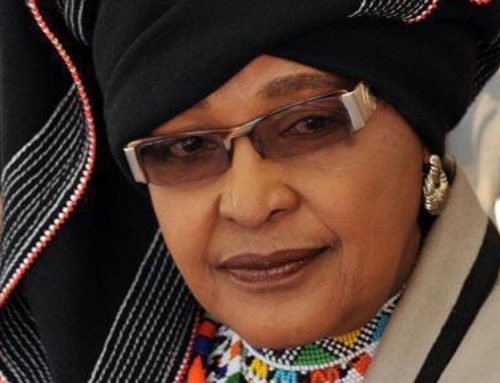
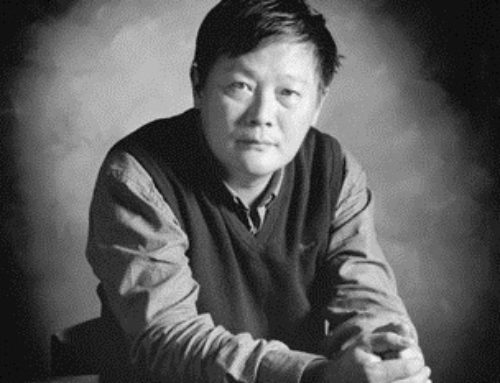
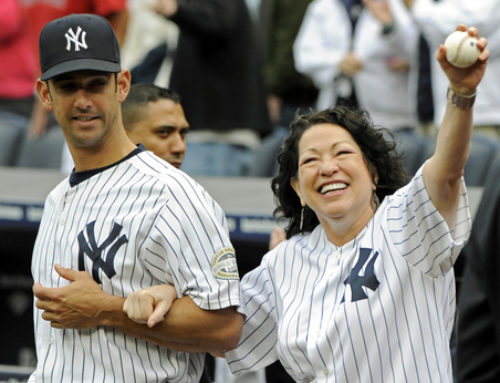
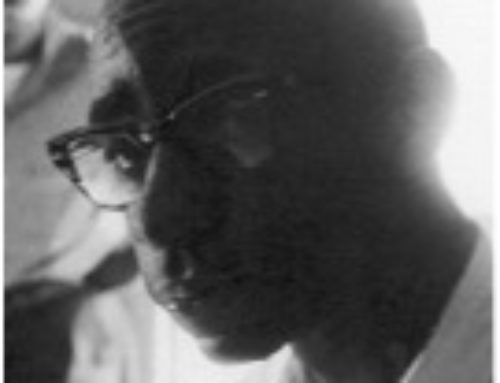
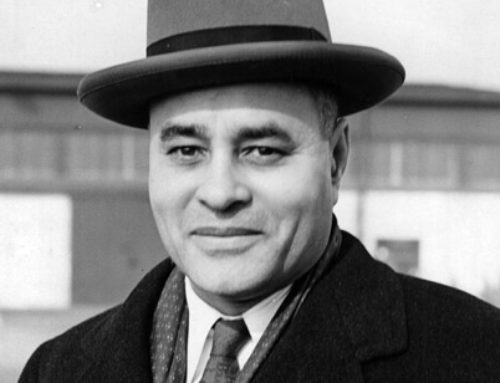
Leave A Comment